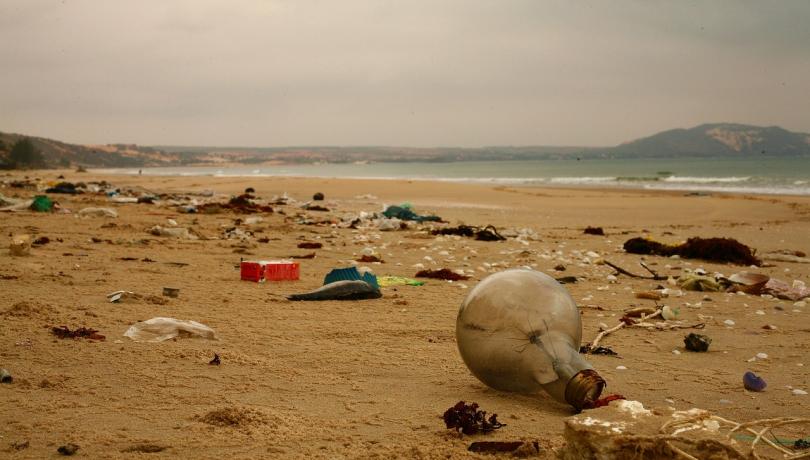The initiative, coordinated by several CSIC centers, aims to advance the understanding of the combined effect of pollutants and climate change in different marine environments.

The Institute of Environmental Assessment and Water Research (IDAEA), the Institute of Marine Sciences (ICM), and the Institute of Physical Technologies and Information (ITEFI), all belonging to the Spanish National Research Council (CSIC), will coordinate "One Blue", a transformative initiative funded by the EU to comprehensively evaluate contaminants of emerging concern (CECs) and their impact on marine ecosystems.
This pioneering project brings together a consortium of 18 partners, from 20 institutions and 11 European countries. Its primary objectives include advancing the understanding of the combined impacts of CECs and climate change on diverse marine environments, developing innovative technologies for CECs monitoring in the ocean, and assessing their consequences.
Commencing this week and scheduled to run until 2027, will conduct holistic assessments of CECs, focusing on their concentrations, profiles, fate, behaviour, and effects in the Atlantic Ocean, the Arctic Ocean, and the Mediterranean Sea. Simultaneously, the project will formulate safety guidelines and monitoring protocols for future assessments of CECs in aquatic environments.
Maria Montserrat Sala, a researcher at ICM-CSIC and one of the project coordinators, emphasizes, “The project offers a unique opportunity to evaluate the impacts that severe threats such as global change and pollution pose to ocean’s health”.
Through controlled studies in marine mesocosms, the project aims to unravel the intricate interactions between climate change and CECs in marine ecosystems, providing critical insights for future environmental management strategies.
“In addition to the comprehensive assessment of CECs, including their distribution, concentration and effects, the project will introduce new technologies such as a remote autonomous sensing of antibiotics, the development of an ultrasonic system for concentration microplastics from seawater, and the creation of a decision support system as early warnings”, says the IDAEA-CSIC researcher Marinella Farré, project coordinator.
"One Blue" strives to provide innovative solutions to support the implementation of relevant EU policies. This includes the development of new approach methodologies (NAMs) for enhanced ecotoxicity assessment of CECs in marine ecosystems. The project's outcomes also include a tier effect-based approach incorporating effect-directed analysis (EDA), an advanced ultrasonic system for sampling and enriching micro/nanoplastics from seawater, and a remote autonomous sensor for quasi-real-time assessment of CECs in marine waters. Furthermore, a decision support system (DSS) based on machine learning and deep learning strategies will be introduced to assess and forecast the combined effects of climate change and CECs in marine ecosystems.
Itziar González, co-coordinator of the project, highlights that “Pioneer systems for detection and quantification of microplastics in the sea of sizes ranging between 1 micron and 50microns, will become feasible in lab-on-chip devices developed within the project framework”,
Widespread dissemination of project results and the establishment of an exploitation plan for the developed technologies are integral components of "One Blue's" commitment to ensuring effective implementation and contributing to sustainable marine management.
"One Blue" marks a significant advancement in addressing the challenges posed by emerging contaminants and their interactions with climate change in marine ecosystems. The EU continues to prioritize scientific advancements that contribute to the sustainable management and preservation of our oceans.